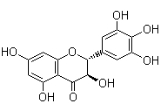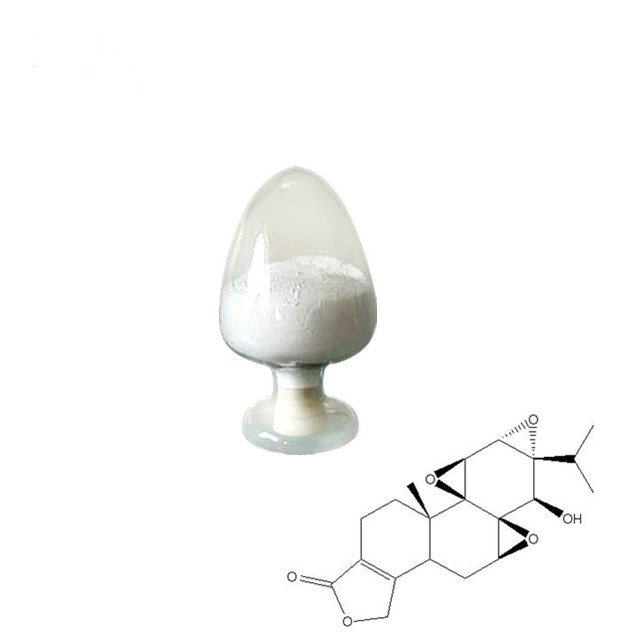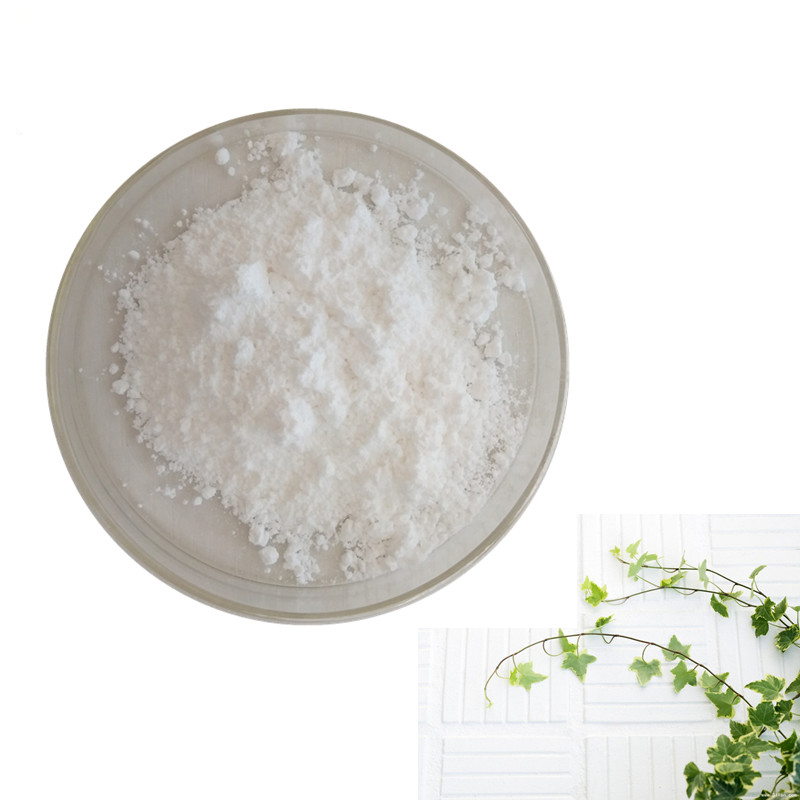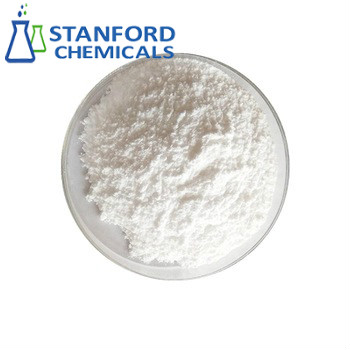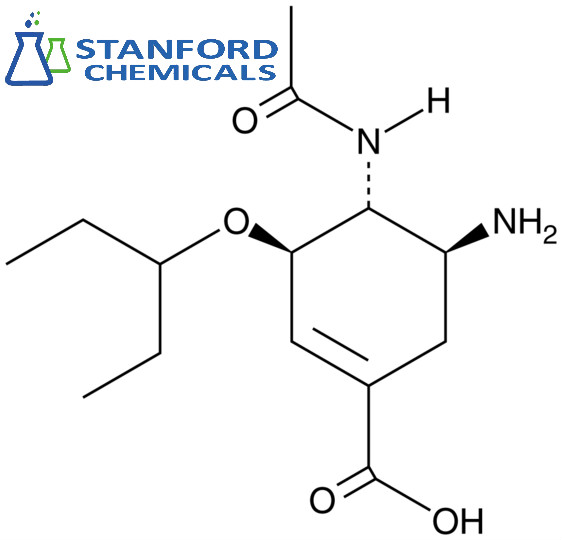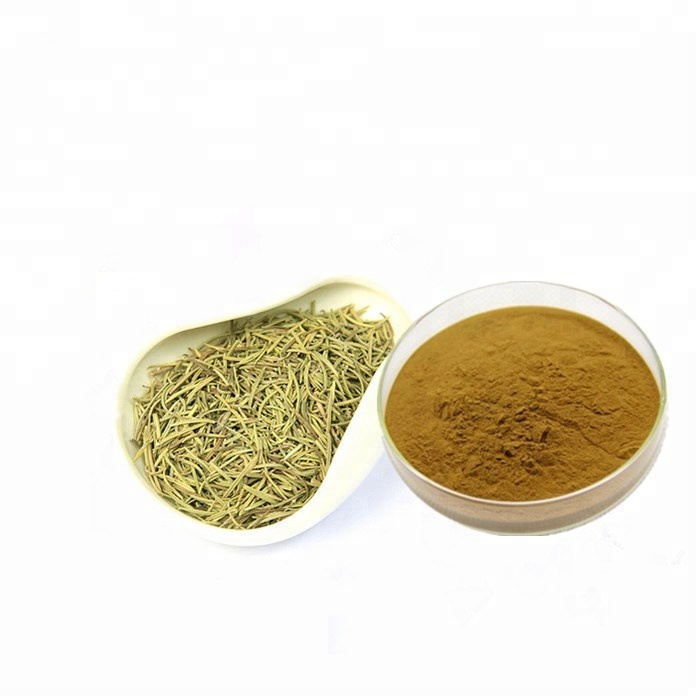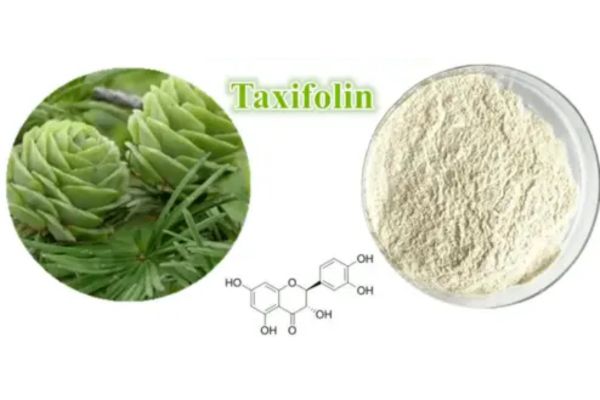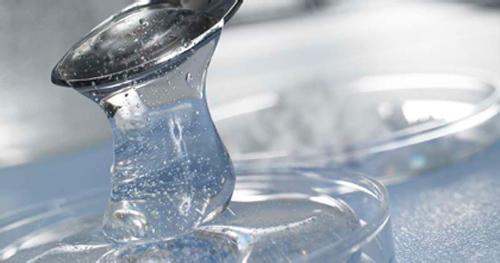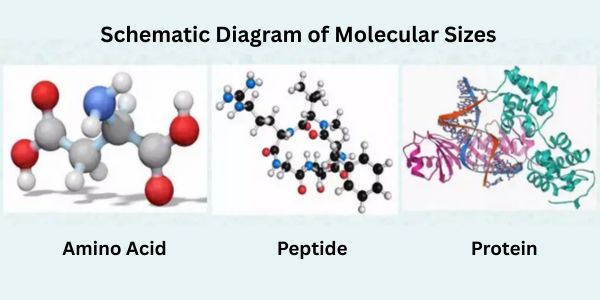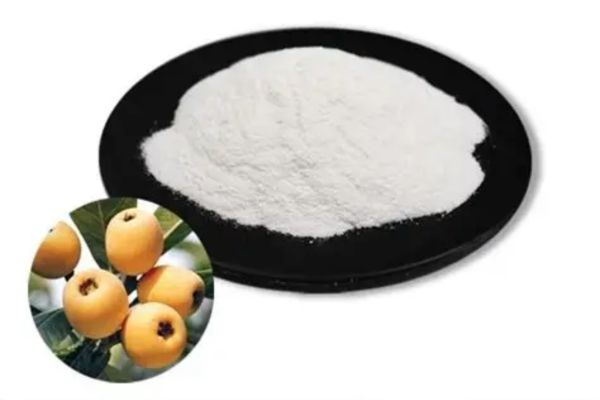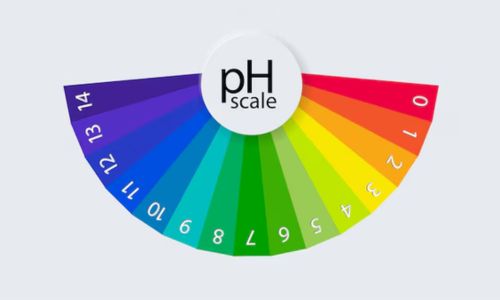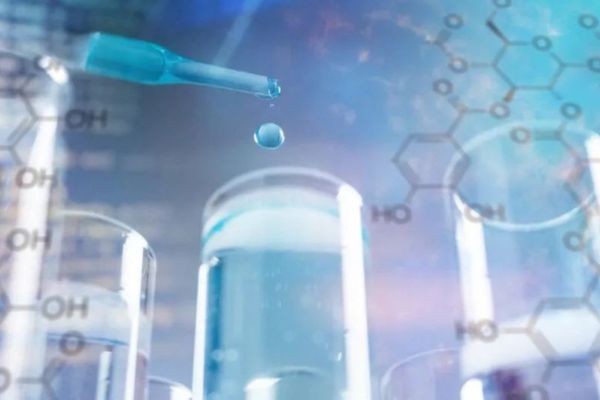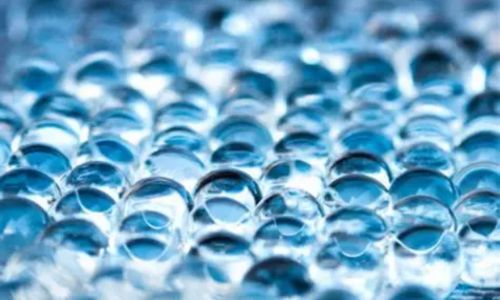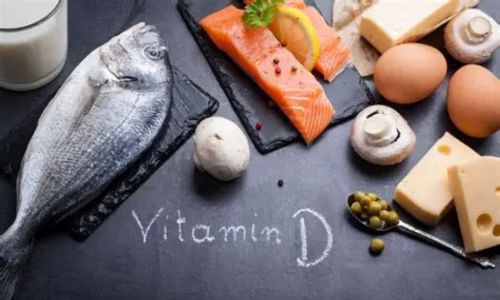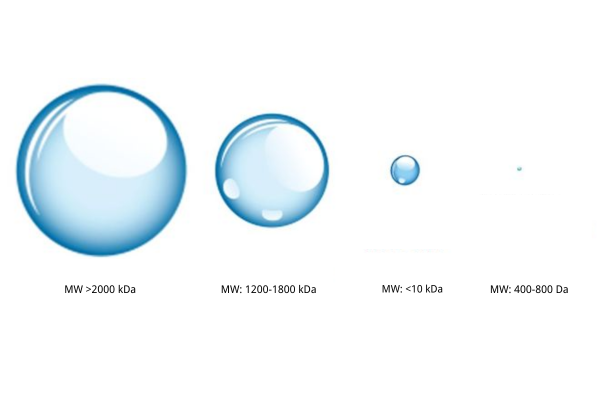The Importance of Iron to the Human Body
Iron (Fe) is an essential trace element in the human body with various physiological functions. Fe aids in the transportation of oxygen, as it is a core component of hemoglobin, the protein in red blood cells responsible for oxygen transport. Additionally, this trace element plays a crucial role in the function of several key enzymes involved in DNA synthesis and repair, which are vital for cell proliferation and growth. Furthermore, Fe is important for the immune system as it is a necessary component for the function of certain immune cells, enhancing the body's ability to fight infections. Iron also plays a significant role in brain development, and the deficiency can impair normal brain function, leading to cognitive decline.
The Dangers of Iron Deficiency
To maintain healthy iron levels, the human body needs to obtain sufficient Fe from the diet. Deficiency of this element causes various negative health impacts, particularly in children, pregnant women, and females.
- Iron Deficiency Anemia
Iron deficiency anemia is the most direct and common consequence of insufficient iron. It occurs when a lack of Fe reduces hemoglobin synthesis, leading to a decrease in red blood cell count and function. Symptoms include fatigue, weakness, dizziness, heart palpitations, shortness of breath, pale skin, brittle nails, tongue pain or swelling, and a craving for non-nutritive substances like ice.
- Cognitive and Behavioral Issues
Fe is crucial for normal brain development and function, especially in children and adolescents. Children with insufficient iron may experience attention deficits, learning difficulties, memory decline, and behavioral problems. Adults with Fe deficiency may also experience impaired cognitive function, resulting in memory and thinking difficulties.
- Decreased Immune Function
Fe plays an important role in various immune system functions. Fe deficiency can weaken the immune response, increasing the risk of infections.
- Pregnancy Complications
Pregnant women have higher iron needs, and Fe deficiency can increase the risk of pregnancy complications. Fatigue and increased bleeding during childbirth are common in iron-deficient pregnant women. Iron deficiency in fetuses may lead to low birth weight, premature birth, and developmental delays.
- Cardiovascular Issues
Long-term iron deficiency anemia can place extra strain on the heart. The resulting low oxygen levels in the blood force the heart to work harder to pump blood, potentially leading to heart failure or other cardiovascular diseases over time. [caption id="attachment_9629" align="alignnone" width="300"] Iron Deficiency Anemia[/caption]
Iron Deficiency Anemia[/caption]
Causes of Iron Deficiency
Iron deficiency can result from insufficient iron intake, poor Fe iron absorption, or blood loss.
--Insufficient Iron Intake
Unbalanced Diet: Diets lacking in Fe-rich foods such as red meat, poultry, legumes, and leafy green vegetables. Vegetarianism: Vegetarians may primarily consume non-heme iron, which is less absorbable than heme iron.
--Poor Iron Absorption
Gastrointestinal Diseases: Conditions such as celiac disease, Crohn's disease, and gastric surgery can affect iron absorption. Dietary Inhibitors: Certain foods and drinks, such as tea, coffee, and calcium-rich foods, can inhibit iron absorption.
--Blood Loss
Menstruation: Women who experience heavy menstrual bleeding are at risk of iron loss. Injury and Surgery: Blood loss from injuries or surgeries can lead to Fe deficiency.
Populations at Risk of Iron Deficiency
In life, people who are likely to be in one of the above three states are those who are susceptible to anemia. Therefore, these people should pay more attention to iron supplementation. And the certain groups include women, children, adolescents, the elderly, and athletes.
- Women: Women with heavy menstrual periods are prone to iron loss. Pregnant women need significantly more this element to support fetal growth.
- Children and Adolescents: Their rapid growth increases iron needs.
- Vegetarians: Plant-based diets may provide less absorbable non-heme iron, making it essential for vegetarians to carefully plan their iron intake.
- Elderly: With age, gastrointestinal function declines, reducing iron absorption efficiency.
- Athletes: Intense exercise can increase red blood cell breakdown, requiring more iron supplementation.
Prevention and Treatment of Iron Deficiency
For individuals with Fe deficiency, improving the element intake and absorption can address the issue. Consuming vitamin C-rich foods (such as citrus fruits, strawberries, and peppers) alongside iron-rich foods can enhance Fe absorption. Fe intake can be increased through dietary sources and iron supplements.
--Dietary Iron Supplementation
Increasing the intake of iron-rich foods, such as:
- Red Meat and Poultry: High in heme iron, which is well absorbed.
- Legumes and Soy Products: Such as tofu and lentils, containing non-heme iron.
- Leafy Green Vegetables: Such as spinach and kale.
- Nuts and Seeds: Such as pumpkin seeds and sesame seeds.
- Fortified Foods: Such as certain breakfast cereals and bread.
--Iron Supplements
Iron supplements come in two main forms: oral and injectable. Oral iron supplements are typically the first line of treatment, with injectable iron used when oral supplements are ineffective.

iron-rich foods
Common Iron Supplements
Understanding the characteristics and iron content of different iron supplements can help individuals choose the right one to effectively replenish this element levels.
- Ferrous Sulfate (FeSO₄)
Ferrous sulfate (FeSO₄) supplements (20% Fe) have a high absorption rate but may cause gastrointestinal discomfort such as nausea and constipation.
- Ferrous Gluconate (C₁₂H₂₂FeO₁₄)
Ferrous gluconate (C₁₂H₂₂FeO₁₄) supplements (17.5% Fe) are gentler on the gastrointestinal tract with fewer side effects, but have a lower iron content, requiring higher doses.
- Ferrous Fumarate (C₄H₂FeO₄)
Ferrous fumarate (C₄H₂FeO₄) supplements (32.6% Fe) have a high iron content, making them suitable for patients who need a significant iron intake.
- Polysaccharide-Iron Complex
Polysaccharide-iron complex supplements (33% Fe) are easily absorbed and gentle on the stomach, making them suitable for long-term supplementation.
- Ferrous Carbonate (FeCO₃)
Ferrous carbonate (FeCO₃) supplements (36% Fe) have a lower absorption rate, requiring higher doses to achieve the same iron supplementation.
- Ferrous Lactate (C₆H₁₀FeO₆)
Ferrous lactate (C₆H₁₀FeO₆) supplements (19% Fe) are gentle on the stomach, making them suitable for individuals with sensitive digestive systems.
- Ferric Sulfate (Fe₂(SO₄)₃)
Ferric sulfate (Fe₂(SO₄)₃) supplements (23% Fe) have a lower absorption rate compared to ferrous salts but cause fewer gastrointestinal side effects.
- Ferric Phosphate (FePO₄)
Ferric phosphate (FePO₄) supplements (32% Fe) have minimal gastrointestinal side effects and are suitable for long-term, stable iron supplementation. Stanford Chemicals Company (SCC) is at the forefront of developing food and health products. We provide a variety of raw materials for iron supplements such as Ferrous Sulfate, Ferrous Fumarate, and Ferrous Citrate. For more information on these ingredients or specific applications, please feel free to get in touch and check out our home page.
Side Effects of Iron Supplements
Iron supplements are effective for treating iron deficiency anemia and replenishing iron levels, but they can cause side effects.
Nausea and Vomiting: This element can irritate the stomach lining.
Abdominal Pain and Cramps: Fe supplements can cause gastrointestinal muscle cramps.
Constipation: This trace element slows bowel movements.
Diarrhea: Some people are sensitive to that trace element and may experience diarrhea.
Tooth Discoloration: Liquid iron supplements can stain teeth.
Black Stools: Unabsorbed this element can turn stools black. Other potential side effects include iron overload and allergic reactions.
Precautions for Taking Iron Supplements
Given the potential side effects and differences between iron supplements, it is essential to consider the following precautions:
- Consult a Professional:
Consult a doctor to determine the most suitable type and dose of iron supplement.
- Take with Food:
Taking supplements of this element with food can reduce gastrointestinal discomfort.
- Avoid Foods That Inhibit Absorption
Avoid drinking tea and coffee as these beverages can inhibit iron absorption. Consuming foods rich in vitamin C can enhance iron absorption.
Conclusion
Iron supplementation plays a critical role in managing this element deficiency and maintaining optimal health. It is important to choose the right type of Fe supplement and take appropriate precautions to minimize side effects. Consulting with healthcare professionals ensures the most effective and safe approach to Fe supplementation. By understanding the various forms of iron supplements and their potential side effects, individuals can make informed decisions to improve their Fe levels and overall health.
Related articles: Chondroitin Sulfate for Cartilage Support


